Integration Platform as a Service (iPaaS) delivers cloud-based solutions, facilitating seamless connectivity across diverse systems and applications. For companies undergoing digital transformation, iPaaS helps streamline integration processes and ensures efficient data flow.
Businesses embracing digital innovation leverage iPaaS to improve scalability and maintain agility. The solution supports multiple integration use cases, from cloud to on-premise systems, enhancing operational workflows and automation. By adopting iPaaS, organizations can quickly address integration challenges and reduce downtime, leading to improved productivity and efficiency.
What features make an iPaaS solution effective?iPaaS finds implementation across sectors like retail, finance, and healthcare, where rapid and secure data exchange is critical. Retailers use iPaaS to streamline supply chain operations, while healthcare providers enhance patient data integration, improving service delivery.
iPaaS solutions assist organizations in achieving greater connectivity between disparate systems and applications, driving efficiency and innovation across teams. It's a key enabler for digital transformation, supporting businesses in meeting the demands of a competitive market.
| Product | Market Share (%) |
|---|---|
| Boomi iPaaS | 12.5% |
| Microsoft Azure Logic Apps | 12.4% |
| MuleSoft Anypoint Platform | 10.4% |
| Other | 64.7% |























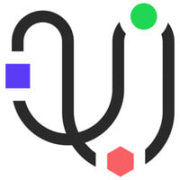









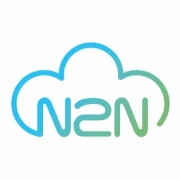

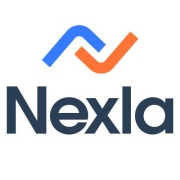
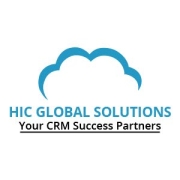
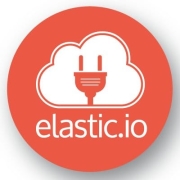
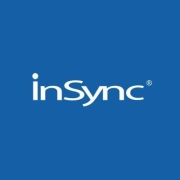


















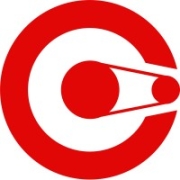






iPaaS is commonly used by large business-to-business (B2B) companies that need to integrate their on-premises data and applications with cloud data and applications. iPaaS is especially popular when speedy release time is key. Although IT departments could handle integration themselves, it can be more efficient and faster to use a third-party iPaaS provider instead.
A variety of factors, including customer expectations, staff departures, and fluctuating demand for certain tools, causes the needs of a company to be constantly changing. IT teams can’t keep up with custom integrations every time a new tool is adopted or an existing one needs modifying. As such, they are looking for ways for the end user to take over the integration management of new tools. iPaaS solutions can standardize how an organization takes on new applications and can ease process automation and the move of transactional data from the point of deployment.
An iPaaS will:
iPaaS enhances enterprise data integration by automating and simplifying the process of connecting disparate systems and applications. It provides a unified platform for managing data flow between on-premises systems and cloud applications, ensuring seamless data synchronization and real-time access. By leveraging predefined connectors and built-in tools, you can reduce development time and focus on strategic initiatives rather than integration challenges.
What factors should you consider when selecting an iPaaS solution?When selecting an iPaaS solution, consider factors like scalability, security, ease of use, and support for various integration patterns. Evaluate the range of pre-built connectors and ensure compatibility with your existing systems. It's vital to choose a solution that offers flexible deployment options and supports real-time data processing. Additionally, look for providers with robust customer support and a comprehensive service-level agreement to ensure reliability.
Can iPaaS solutions help reduce IT costs?iPaaS solutions can significantly reduce IT costs by streamlining integration processes and minimizing the need for extensive custom coding. By automating data workflows and utilizing pre-configured connectors, you can accelerate implementation and reduce the resources required for ongoing maintenance. This efficiency allows you to allocate IT resources to strategic projects and innovate without overspending on integration tools and services.
How do iPaaS solutions handle security and compliance?iPaaS solutions handle security and compliance by providing robust features like data encryption, access control, and activity monitoring. Leading providers comply with major certifications such as GDPR, HIPAA, and ISO, ensuring that data handling meets international standards. As a user, you gain confidence knowing that the platform meets stringent security requirements, safeguarding sensitive enterprise data against breaches and unauthorized access.
How can iPaaS improve business agility?iPaaS improves business agility by enabling faster, more responsive integration of new applications and services. It allows you to quickly adapt to changing business needs by facilitating seamless connectivity and integration. With reduced development cycles and simplified data management, you can accelerate time-to-market for new products and services, ensuring your organization stays competitive and responsive to industry demands.